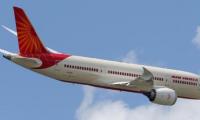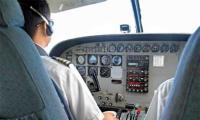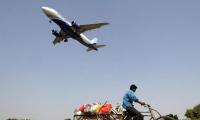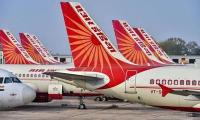Pilot Fatigue: Consecutive Flights, Long Duty Hours & Study
A study reveals pilot fatigue is linked to consecutive night flights, long duty hours, and roster instability. Safety Matters Foundation highlights concerns and calls for improved regulations.
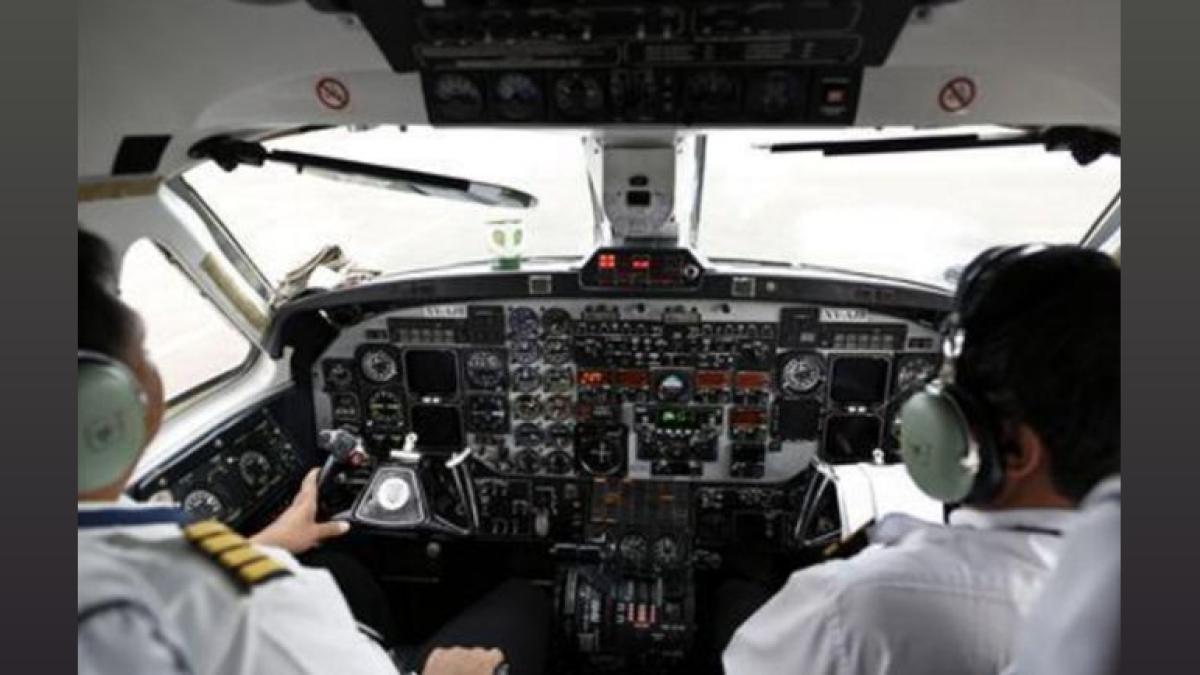
New Delhi, Jul 28 (PTI) Consecutive night flights, more than 10 hours of flight duty period and roster instability are among the factors leading to pilot fatigue, according to a study.
The study, based on a survey of mostly senior pilots done by NGO Safety Matters Foundation, explored the mutual influence of fatigue-influencing factors related to the work dimension in analysing the causes of pilot tiredness.
As many as 84 per cent of the pilots are concerned with the speed and direction of shift rotation, while 83 per cent of respondents are worried about the onset of fatigue due to consecutive night flights, it said.
Further, the study found that 81 per cent of pilots are concerned that flights with minimum rest and rosters without buffers deeply impact fatigue.
"70 per cent of pilots in the survey considered that more than 10 hours of flight duty period profoundly influenced the onset of fatigue. NASA and EASA scientific studies have recommended a maximum of 10 hours of flight duty period," it noted.
Also, nearly 76 per cent of pilots considered the increasing flight duty period and landings as the week progressed to have a deep influence on the increase in fatigue.
The online survey that covered 530 respondents, most of them captains with significant hours in operating medium short-haul flights, was done from July 16-22.
Amid concerns over pilot fatigue, earlier this year, aviation regulator DGCA proposed changes to the Flight Duty Time Limitation (FDTL) norms, but the amended regulations are yet to be implemented.
According to the study, 63 per cent of the pilots attributed fatigue to being deeply influenced by frequent tail swaps during a flight duty period.
Generally, tail swap refers changing the aircraft that was scheduled to operate a flight to another aircraft.
"Frequent changes would mean that due to a change of aircraft once or more in a flight duty period. The crew cannot directly transfer from one aircraft to the second. Before boarding the assigned aircraft, the crew must proceed to the terminal and undergo security frisking.
"Frequent tail swaps, when combined with other factors like maximum flight duty, minimum rest and multiple landings, can compound the increase of fatigue," it said.
Safety Matters Foundation noted that studies have correlated the period of wakefulness with an equivalence of blood alcohol level and that 17 hours of wakefulness can be equated with a blood alcohol level of 0.05 per cent BAC.
Aviation regulator DGCA permits 0.000 per cent BAC during pre and post-flight tests.
The study said that many pilots report that current rest periods and roster management practices are insufficient to mitigate fatigue effectively.
"The instability of rosters and the prevalence of minimum rest periods fail to provide adequate recovery time, leading to chronic fatigue," it said, adding that more stable and predictable rostering practices and ensuring rest periods that align with scientific recommendations can enhance pilot well-being.
The study also said that 40 per cent of the pilots feared reporting fatigue, and 30 per cent considered the fear of reporting fatigue a significant factor.
"The number of Indian pilots declared temporarily medically unfit (TMU) or permanently medically unfit (PMU) has risen. While no study has been conducted to co-relate fatigue with rising pilot TMU/PMU, fatigue is a major contributory factor for cardiac disease," it added.
The study, based on a survey of mostly senior pilots done by NGO Safety Matters Foundation, explored the mutual influence of fatigue-influencing factors related to the work dimension in analysing the causes of pilot tiredness.
As many as 84 per cent of the pilots are concerned with the speed and direction of shift rotation, while 83 per cent of respondents are worried about the onset of fatigue due to consecutive night flights, it said.
Further, the study found that 81 per cent of pilots are concerned that flights with minimum rest and rosters without buffers deeply impact fatigue.
"70 per cent of pilots in the survey considered that more than 10 hours of flight duty period profoundly influenced the onset of fatigue. NASA and EASA scientific studies have recommended a maximum of 10 hours of flight duty period," it noted.
Also, nearly 76 per cent of pilots considered the increasing flight duty period and landings as the week progressed to have a deep influence on the increase in fatigue.
The online survey that covered 530 respondents, most of them captains with significant hours in operating medium short-haul flights, was done from July 16-22.
Amid concerns over pilot fatigue, earlier this year, aviation regulator DGCA proposed changes to the Flight Duty Time Limitation (FDTL) norms, but the amended regulations are yet to be implemented.
According to the study, 63 per cent of the pilots attributed fatigue to being deeply influenced by frequent tail swaps during a flight duty period.
Generally, tail swap refers changing the aircraft that was scheduled to operate a flight to another aircraft.
"Frequent changes would mean that due to a change of aircraft once or more in a flight duty period. The crew cannot directly transfer from one aircraft to the second. Before boarding the assigned aircraft, the crew must proceed to the terminal and undergo security frisking.
"Frequent tail swaps, when combined with other factors like maximum flight duty, minimum rest and multiple landings, can compound the increase of fatigue," it said.
Safety Matters Foundation noted that studies have correlated the period of wakefulness with an equivalence of blood alcohol level and that 17 hours of wakefulness can be equated with a blood alcohol level of 0.05 per cent BAC.
Aviation regulator DGCA permits 0.000 per cent BAC during pre and post-flight tests.
The study said that many pilots report that current rest periods and roster management practices are insufficient to mitigate fatigue effectively.
"The instability of rosters and the prevalence of minimum rest periods fail to provide adequate recovery time, leading to chronic fatigue," it said, adding that more stable and predictable rostering practices and ensuring rest periods that align with scientific recommendations can enhance pilot well-being.
The study also said that 40 per cent of the pilots feared reporting fatigue, and 30 per cent considered the fear of reporting fatigue a significant factor.
"The number of Indian pilots declared temporarily medically unfit (TMU) or permanently medically unfit (PMU) has risen. While no study has been conducted to co-relate fatigue with rising pilot TMU/PMU, fatigue is a major contributory factor for cardiac disease," it added.
You May Like To Read
TODAY'S MOST TRADED COMPANIES
- Company Name
- Price
- Volume
- Vodafone-Idea-L
- 11.25 (+ 4.85)
- 124593459
- Mangalam-Industrial
- 0.90 (+ 4.65)
- 43018654
- Welcure-Drugs-and
- 0.50 (+ 4.17)
- 39983710
- Alstone-Textiles
- 0.29 ( -3.33)
- 27516634
- Murae-Organisor
- 0.27 (+ 3.85)
- 26520405
